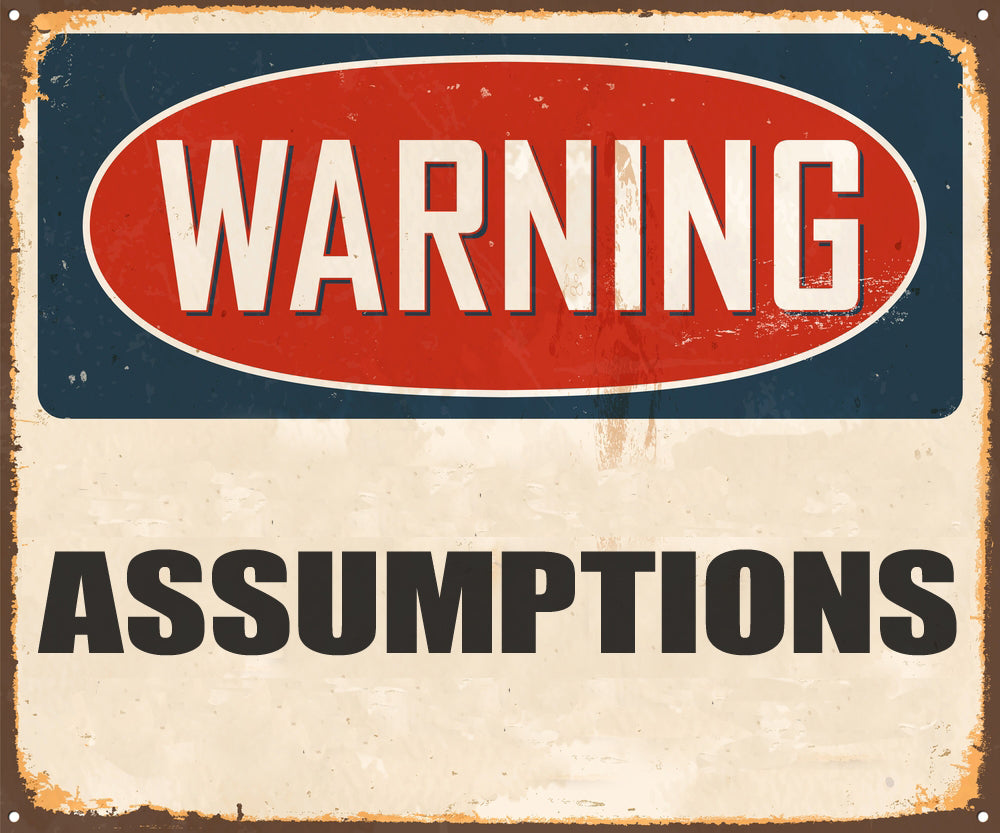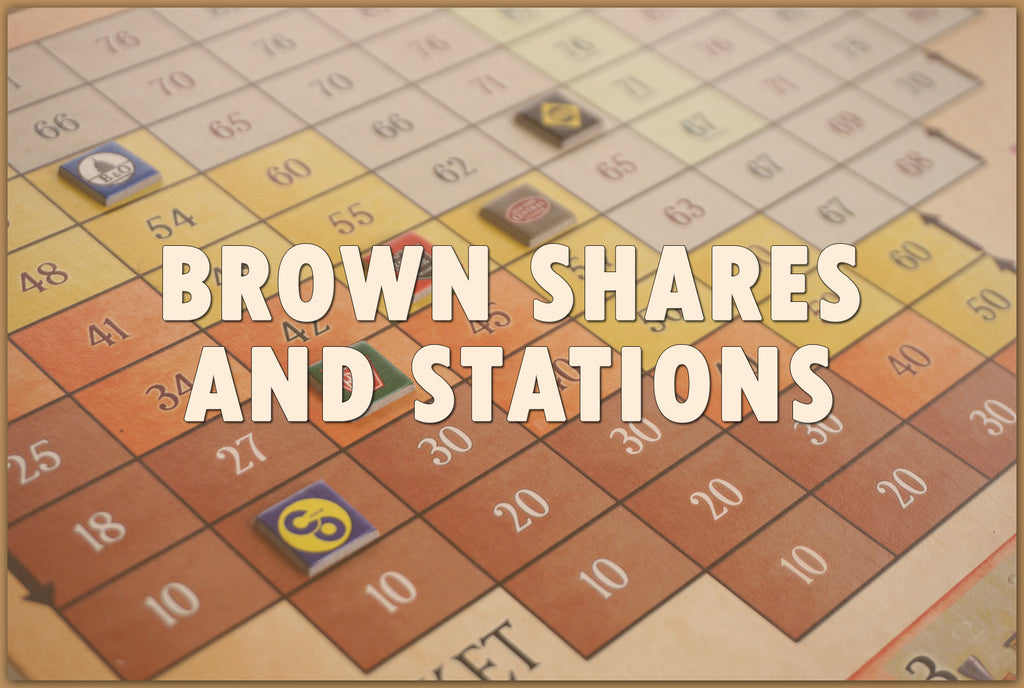Hollandazed: Thoughts, Ideas, and Miscellany — game design
FROM THE ARCHIVES: ASSUMPTIONS (by Tom Russell)

If you're reading this, you probably know how movement factors work. You move the unit from hex to hex (or square to square, or area to area, or whatever to whatever), expending a certain number of movement points for each hex entered. I'm going to assume that if you know that, you also know that a unit cannot exceed its movement factor, unless the rules make some kind of exception (for example, that the unit can always move one hex during a Movement Phase, even if it doesn't actually have sufficient MPs to enter that one hex). So, serious question...
PLAYING DEFENSE (by Tom Russell)

A major selling point of a fair number of wargames is that both players get to be the attacker. I'm speaking in the overall strategic or operational sense, the roles the players are assuming, rather than the fact that on each player's combat phase, they are the attacker and their opponent the defender. I'm talking about the grand, sweeping maneuvers, the bold plans, the desperate gambles: the attacker, dynamic, lurching ever-forward. Whereas the defender is pulling back - trading ground for time, plugging holes in the line, and taking their lumps. Advance versus retreat, action versus reaction, energy versus inertia....
BROWN SHARES AND STATIONS (by Tom Russell)

I remember a game of Francis Tresham's 1830 that I played several years ago. More specifically, I remember one moment from that game. I don't remember how I got there, and I have only a dim recollection of what happened next. I don't even remember what company it was, I only remember that its share value was deep in the brown - ten, twenty, thirty dollars a share, something like that. I had all ten shares - brown means not only doesn't it count toward my cert limit, but I can have more than 60% and I could buy multiple...
FROM THE ARCHIVES: FAIR (by Tom Russell)

A couple weeks ago someone asked me about a set-up rule in one of my games, the rule being designed to confer to one side or the other a slight advantage at the beginning of the game. And this person was wondering why that was. Just as easily, the game could be set-up so as to confer no advantage to either side. Wouldn't that be more fair? And yes, it would be, but I had no interest in the thing ever being "fair". Partially this is because exploiting or overcoming that advantage is what gives the first turn or two...
FROM THE ARCHIVES: THE BALANCE BINARY (by Tom Russell)

I have a strong preference - as a player, as a designer, and as one-half of a publisher - for dynamic games, by which I mean games where the balance is highly mutable and prone to distortion based on player actions. One of the ways I try to achieve this in my own work is through the use of feedback loops, in which succeeding makes it easier to succeed, and failing makes it easier to fail. The winners keep winning and the losers keep losing. The balance of the game is in flux, capable of being tilted in one direction...
